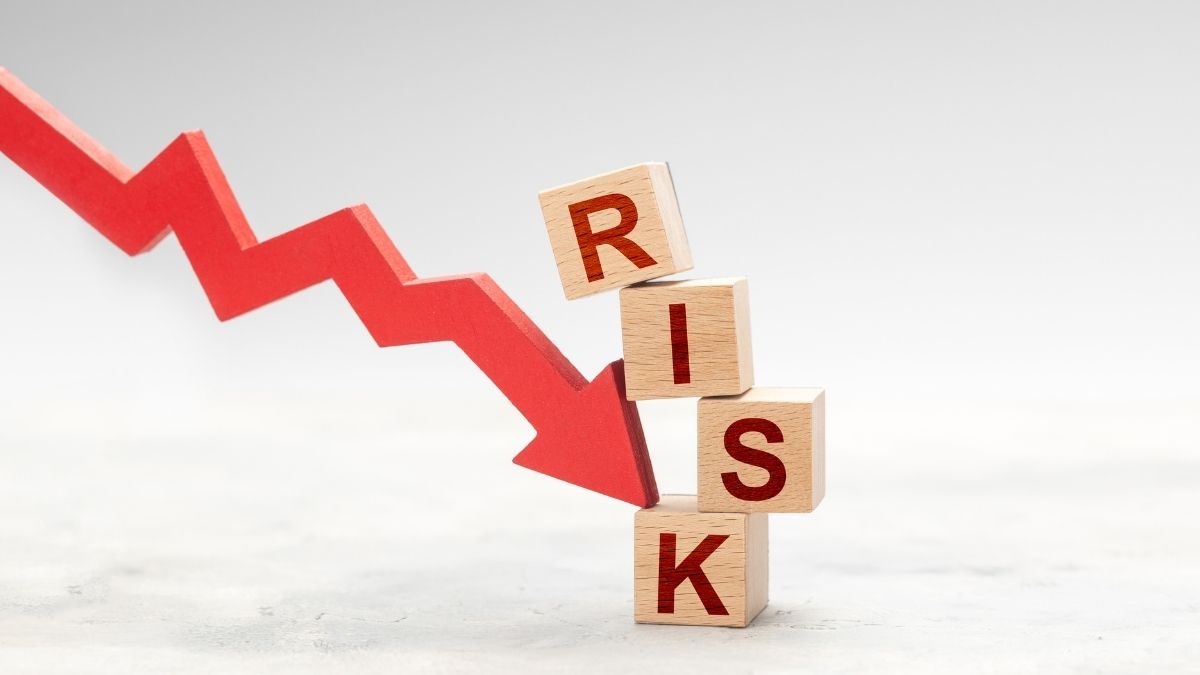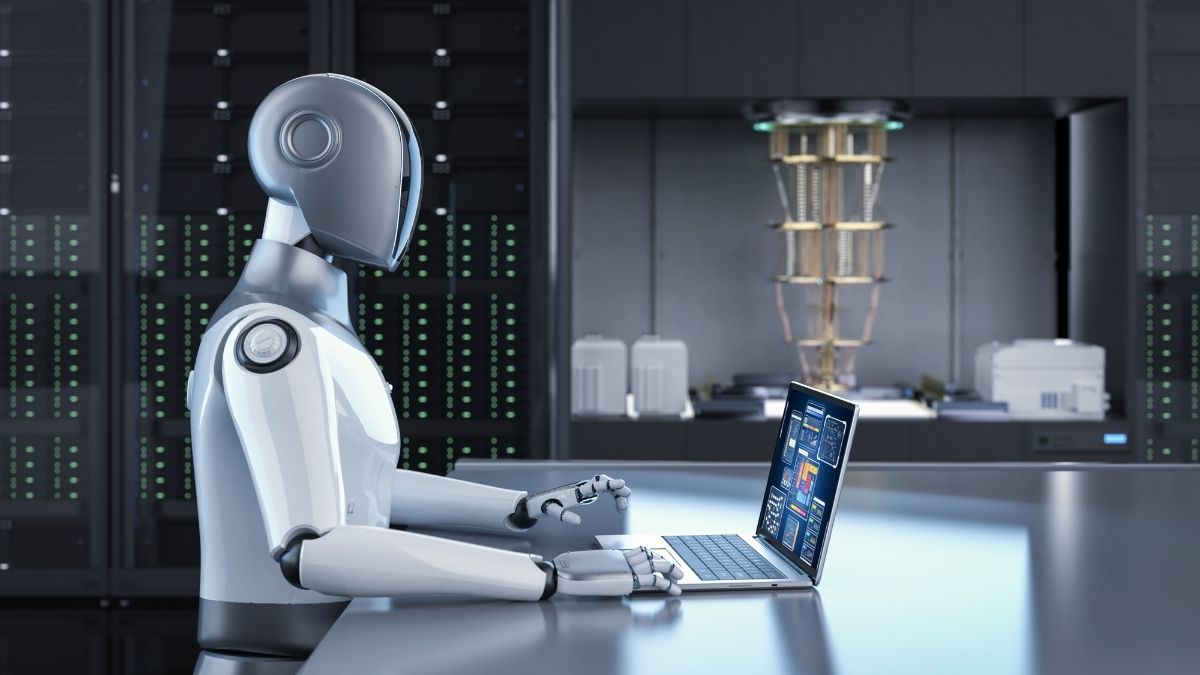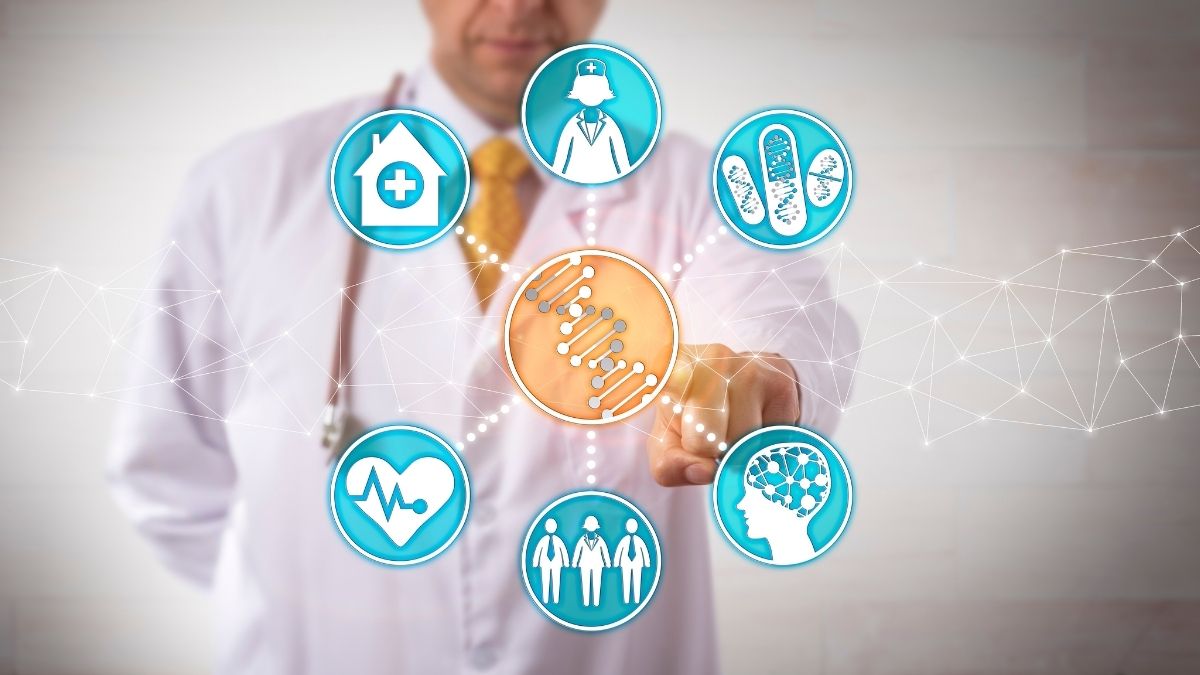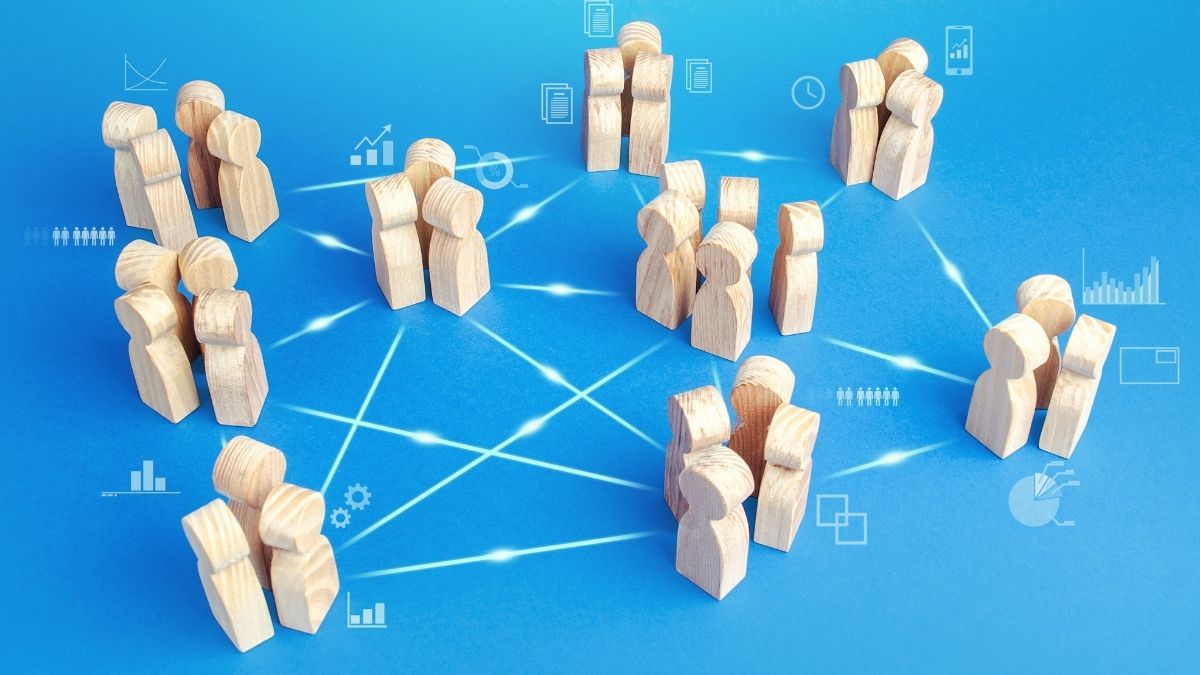AI isn’t just changing the game – it’s creating an entirely new playing field. Your job, your business, and your daily life will transform faster than you can adapt. And according to OpenAI, we’re utterly unprepared for what lies ahead.
The storm of cognitive automation looms, threatening millions of knowledge workers with displacement. Traditional education and job training programs cannot keep pace with AI’s exponential growth.
But there’s hope. By understanding the coming wave of AI advancement, you can position yourself to ride it rather than be swept away. Here’s what OpenAI reveals about our AI future and how you can prepare for the unprecedented changes ahead.

The Looming Transformation of Employment
While AI systems are already disrupting cognitive roles, the transformation extends beyond simple automation. Companies are discovering that hybrid teams of humans and AI can achieve superior results compared to either working alone.

The emergence of AI-human collaboration tools is creating entirely new job categories, such as AI prompt engineers and AI-human workflow designers. Small businesses are finding innovative ways to leverage AI to compete with larger corporations, potentially democratizing certain industries.
Organizations are also developing sophisticated “AI readiness” assessment tools to help workers identify which of their skills need updating.
Key Insights:
- Cognitive roles face immediate disruption: Professions reliant on data analysis, content creation, and software development will see automation by 2025, driven by cost-efficient AI systems.
- Physical labor gains temporary reprieve: Slower advancements in robotics delay automation for jobs like construction or repair services.
- Reskilling gaps threaten stability: Workforce strategies must prioritize retraining programs to address sector-specific vulnerabilities.
OpenAI predicts that AI capable of human-level cognitive tasks will slash labor costs, creating “intelligence abundance.” While this lowers prices for goods and services, it risks displacing millions in knowledge-based fields. Governments and corporations must collaborate to redesign education and safety nets, ensuring workers transition into emerging roles rather than face obsolescence.
Economic Upheaval and Inequality Risks
Beyond the immediate economic impacts, experts are identifying secondary effects of AI-driven displacement. Cities and regions heavily dependent on knowledge work may need to reinvent their economic bases entirely.

The rise of AI could lead to a “barbell economy” where middle-skill jobs become increasingly scarce. New financial instruments and investment vehicles are emerging to help workers capture some of the value created by AI systems.
The concept of “skill insurance” is gaining traction, where workers can hedge against the risk of their skills becoming obsolete.
- Redefining wealth distribution: Potential solutions like universal basic income (UBI) gain traction to counter unemployment spikes.
- Market destabilization: Traditional industries may collapse faster than new sectors emerge, risking economic instability.
- Global competitiveness: Nations slow to adopt AI risk falling behind, widening global economic divides.
Policymakers must balance innovation incentives with safeguards to prevent systemic inequality. Without proactive measures, AI-driven efficiency could exacerbate societal fractures rather than uplift communities.
Healthcare’s Quantum Leap Through AI
The integration of AI in healthcare is also enabling real-time health monitoring through advanced wearables and ambient sensors. AI systems are becoming sophisticated enough to detect subtle patterns that might indicate health issues before traditional symptoms appear.

The combination of AI with genomic data is opening new frontiers in personalized preventive medicine. Cross-border AI healthcare collaborations are accelerating the pace of medical research globally.
The development of AI-powered virtual health assistants is making basic healthcare guidance more accessible to underserved populations.
AI is poised to revolutionize medicine, offering breakthroughs once deemed science fiction:
- Precision drug discovery: Algorithms analyze protein structures and genetic data to accelerate treatments for diseases like Alzheimer’s.
- Longevity research: AI models targeting cellular aging could extend human lifespans, nearing “longevity escape velocity.”
- Predictive care: Shift from reactive to proactive healthcare using AI-driven diagnostics and personalized treatment plans.
However, ethical dilemmas arise over data privacy, algorithmic bias, and access disparities. Regulatory frameworks must evolve to ensure AI democratizes healthcare rather than deepening existing inequities.
Hyper-Innovation and Climate Solutions
AI’s impact on innovation is creating feedback loops where AI-powered discoveries lead to better AI systems. Environmental monitoring systems enhanced by AI are providing unprecedented visibility into ecosystem health and climate change impacts.

AI optimization is enabling more efficient energy grids that can better integrate renewable sources. Breakthroughs in AI-driven materials science are accelerating the development of next-generation solar panels and energy storage solutions.
The combination of AI with quantum computing promises to unlock even more powerful climate modeling capabilities.
AI’s ability to compress research timelines is unlocking rapid advancements:
- Climate modeling: Simulating decades of environmental data in hours to test emission policies and renewable energy strategies.
- Material science: Designing efficient batteries and carbon capture systems through AI-powered simulations.
- Agricultural optimization: AI-driven resource management boosts crop yields while minimizing water and chemical use.
While these innovations address global crises, their deployment requires oversight to avoid unintended ecological or social consequences.
The Emergence of a Human-Centric Economy
This shift towards human-centric work is fostering new business models built around authentic human experiences and connections. Communities are developing local currencies and value systems that prioritize human well-being over traditional economic metrics.

The rise of AI is paradoxically increasing the value of uniquely human skills like emotional intelligence and ethical reasoning. New forms of creative collaboration between humans and AI are emerging, leading to entirely new art forms and cultural expressions.
The education sector is evolving to emphasize skills that complement rather than compete with AI capabilities.
As AI handles repetitive tasks, industries emphasizing creativity and empathy will thrive:
- Creative sectors: Music, art, and storytelling augmented by AI tools, fostering new forms of expression.
- Education evolution: Personalized learning platforms adapt to individual student needs, prioritizing critical thinking over rote memorization.
- Mental health: AI-assisted therapies and wellness programs address rising demand for psychological support.
This transition to a “meaning economy” challenges societies to redefine value beyond productivity, emphasizing human connection and purpose.
Barriers to Responsible AI Integration
The challenges of responsible AI integration are further complicated by the rapid pace of technological advancement outstripping governance frameworks. There’s a growing digital literacy divide between generations, creating friction in workplace adoption of AI tools.

Cybersecurity concerns are becoming more complex as AI systems become more sophisticated and interconnected. The lack of standardized AI education in schools is creating knowledge gaps that could take decades to address.
Cultural differences in attitudes toward AI adoption are creating uneven implementation across regions, potentially exacerbating global inequalities. International tensions over AI development could lead to technological fragmentation and competing standards.
Current systems lag in critical areas:
- Regulatory voids: Absence of global standards for AI ethics, safety, and accountability.
- Infrastructure gaps: Limited access to AI tools in developing regions hinders inclusive growth.
- Public misinformation: Widespread misunderstanding of AI’s capabilities and risks fuels polarization.
Addressing these gaps requires multilateral cooperation, investment in digital infrastructure, and transparent public dialogue to build trust.
Ethical Imperatives in the AI Age
The ethical landscape of AI is becoming increasingly nuanced as systems grow more sophisticated. Questions of AI consciousness and rights are moving from philosophical debates to practical policy considerations. The intersection of AI with human rights law is creating new legal challenges and precedents.

Cultural differences in ethical frameworks are complicating efforts to establish global AI governance standards. Traditional concepts of privacy and consent are being challenged by AI’s ability to infer sensitive information from seemingly innocuous data.
The development of AI systems that can explain their decision-making process is becoming crucial for building public trust and accountability.
Key debates shaping AI’s future include:
- Job displacement vs. creation: How to balance automation’s efficiency with employment preservation.
- Wealth redistribution: Taxing AI-driven profits to fund social programs and UBI.
- Autonomy vs. control: Defining boundaries for AI decision-making in law, healthcare, and governance.
Proactive ethical frameworks and inclusive policymaking are vital to ensure AI aligns with collective human values.
RELATED:
Conclusion: A Call for Global Coordination
OpenAI’s warnings highlight a stark reality: technological progress has outpaced societal readiness. To harness AI’s potential while mitigating risks, stakeholders must prioritize:

- Adaptive regulations: Dynamic policies that evolve with AI advancements.
- Education overhaul: Curricula focused on AI literacy, creativity, and emotional intelligence.
- Equitable access: Ensuring AI benefits are shared globally, not monopolized by powerful entities.
The next decade will test humanity’s ability to steer AI toward collective prosperity rather than chaos. The time to act is now—before the wave of change overwhelms us.
As OpenAI continues to share insights, stay informed with our ongoing coverage of AI’s societal impact.
Explore More on AI:
- The Ethics of Autonomous Systems: A Global Debate
- AI in Climate Science: Can Algorithms Save the Planet?
- Future-Proof Careers: Skills to Thrive in an AI World
- Neurotechnology and AI: Merging Mind and Machine
- AI Governance: Who Gets to Decide the Future?
Tired of 9-5 Grind? This Program Could Be Turning Point For Your Financial FREEDOM.

This AI side hustle is specially curated for part-time hustlers and full-time entrepreneurs – you literally need PINTEREST + Canva + ChatGPT to make an extra $5K to $10K monthly with 4-6 hours of weekly work. It’s the most powerful system that’s working right now. This program comes with 3-months of 1:1 Support so there is almost 0.034% chances of failure! START YOUR JOURNEY NOW!
